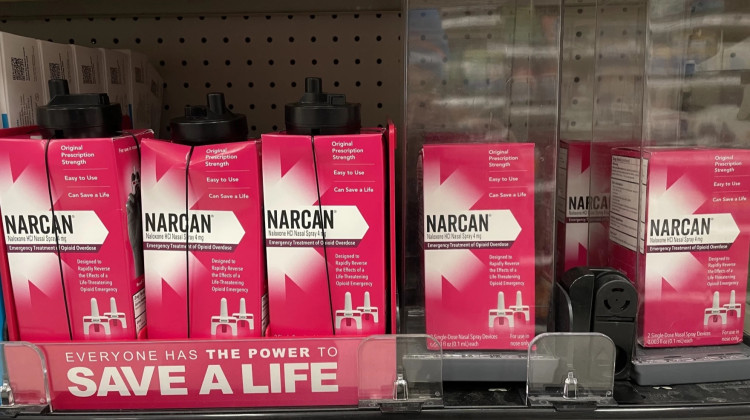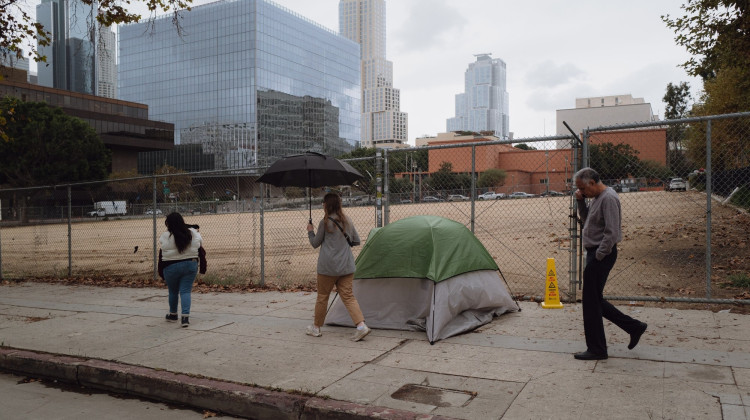
Indiana Submitted Its Proposal For Medicaid Work Requirements Before Letting Hoosiers Weigh In
Jake Harper / Side EffectsIndiana has submitted a proposal to the federal government to to add a work requirement to its Medicaid program, the Healthy Indiana Plan 2.0. But the state skirted a step in the approval process: seeking public comment from Indiana residents.
Last month, the state quietly released plans to update HIP 2.0, with a work requirement. If approved by the Centers for Medicare and Medicaid Services, members would have to work, seek work, or study in order to qualify for benefits, or prove that they are exempt from the policy. The state's analysis shows that under the proposed changes, HIP 2.0 would cover fewer people and cost more money.
But before many members of the public had a chance to weigh in during the 30-day comment period that began on May 24, the state submitted the proposal to CMS. CMS received the submission May 25. That move that goes against CMS requirements, according to Judy Solomon, vice president for health policy at the Center for Budget and Policy Priorities.
"It's clear that this should have had a complete state comment period," says Solomon.
HIP 2.0 was approved under a special waiver from CMS in 2015. Up for renewal next year, the state submitted an application to extend the program, which is subject to a mandatory comment period at the state level. The work requirement proposal is an amendment to the renewal application, so Solomon argues that it, too, is subject to a public comment period.
By skipping it, the state may now be open to litigation over the matter, according to reporting in Modern Healthcare.
In a letter posted online, CMS says Indiana satisfied requirements for the proposal to move forward. Solomon says Indiana’s choice to submit the amendment without waiting for comment indicates a lack of interest in what the public thinks of the proposal.
"By skirting those requirements, they've shown just an unwillingness to consider [the public]," she says.
Other states have asked to incorporate work requirements under their Medicaid programs, but so far none have been approved. Indiana’s proposal is now up for a federal comment period through July 9.
 DONATE
DONATE








 Support WFYI. We can't do it without you.
Support WFYI. We can't do it without you.